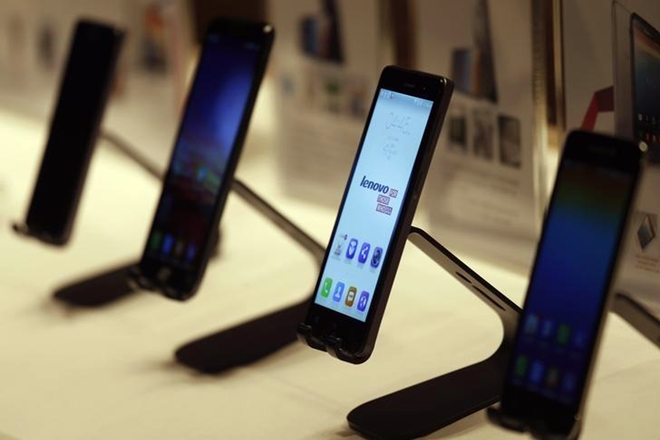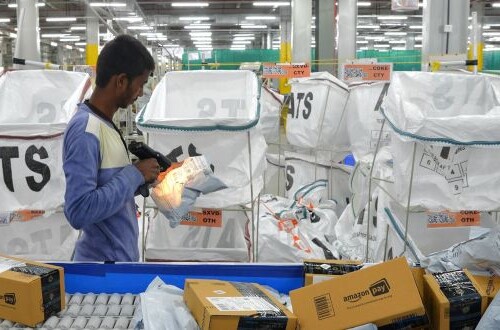Tough times ahead for electronic manufacturers on e-commerce
After five years of aggressively wooing FDI, a surprising u-turn in government policy and its policy reversals and uncertainties are bothering overseas investors in India.
Indian Cellular and Electronics Association (ICEA) has trashed the proposed policy on electronics, calling it inadequate for attracting global giants and arguing for special incentives to help develop India as an electronics manufacturing hub rivalling China and Vietnam.
“Companies such as Apple, Samsung, LG, Oppo, Vivo, Huawei and Foxconn will require a special plan and outreach that need to be identified as part of the vision document,” the Indian Cellular and Electronics Association (ICEA) said in a recent letter to IT secretary Ajay Prakash Sawhney. In the letter, the ICEA contested the government’s estimate that demand for electronics hardware in India would rise to USD 400 billion by 2023-24, saying that it would reach only USD 170 billion by then.
“Merely statements of intent will not be enough unless we adopt specific surgical strategies with relentless and quantifiable milestones. Addressing global markets is key to our expansion plans,” said the ‘handsets body’, which counts Apple, Foxconn, Xiaomi, Vivo, Oppo, Flex, Wistron and Lenovo among its members.
The draft National Policy on Electronics (NPE), released in October last year, had plans to double India’s mobile phone production from 500 million in 2019 to 1 billion units, valued at USD 190 billion, by 2025. Of this USD 190 billion, the government hopes exports will account for USD 110 billion.
However, the new FDI rules come at a time when India’s overall mobile phone shipments grew 11 pc and smartphone shipments grew 10 pc with feature phones growing faster than smartphones. In 2018, the country was also the fastest-growing smartphone market with an annual growth rate of 10 pc and online sales contributed heavily, compelling traditional manufacturers to launch their products online.
The global electronics industry is dominated by component ecosystems, which drive as much as 80-85 pc of the industry. The only way to establish India as a global destination is to identify and attract these ecosystems to make the country their home, ICEA said.
Sale of smartphones likely to suffer
In 2018, the online share of smartphone shipments in India reached a record 36 pc in 2018, largely due to Flipkart and Amazon that manages more than half of total online smartphone sales. There might be chances of a sharp fall in the numbers due to the FDI rules.
“There will be a short-term impact. On an average, the online contribution to the total smartphone sales remain around 32-33 pc during this time which can go down by 2-3 pc points due to new rules,” said Tarun Pathak, associate director at Counterpoint Research to an Indian media.
Earlier most e-commerce players prided with exclusive launches and attractive pricing for new phones on their platform to draw customers. All leading sellers such as Xiaomi, OnePlus, Motorola or Huawei had their tie-ups with one or the other platform, being their preferred destination for their products. For the consumers, it was not a price war but a war for exclusivity. But seeing the current scenario few companies have started launching their products online and offline at the same time.
Will the FDI fall?
Last year Walmart brought in foreign direct investment (FDI) of USD 16 billion through the home-grown e-tail firm Flipkart. Following this Amazon too announced an investment of USD 5.5 billion in India. India has been getting more foreign investment than its neighbour China as last year the country saw more than USD 38 billion of inbound deals compared with China’s USD 32 billion, buoyed by stable fundamentals, a bankruptcy code and fresh opportunities in sunrise sectors.
According to a data from Dealogic, a global M&A and capital markets data provider, India’s FDI was the highest ever with 235 deals amounting to USD 37.76 billion, beating China, which has historically been the favourite for emerging market bets.
However, with the tightening restrictions, India might face a long-term negative impact on foreign direct investment as well as consumers. Also, companies might find a delay in product launches with new seller agreements for online companies.
The government has simultaneously accelerated its phased manufacturing programme (PMP) for mobile phones. The government is now insisting firms push ahead with their PMPs immediately, following which the Korean tech giant company, Samsung has informed the government it will be reducing mobile phone manufacturing in the country. It also has plans to stop local production of flagship smartphone models like Galaxy S9 and Galaxy Note 9 and curtail exports of smartphones unless the government rethinks its decision. PMP is the flagship programme under Make in India that aims to make India an electronics manufacturing hub by 2025.













